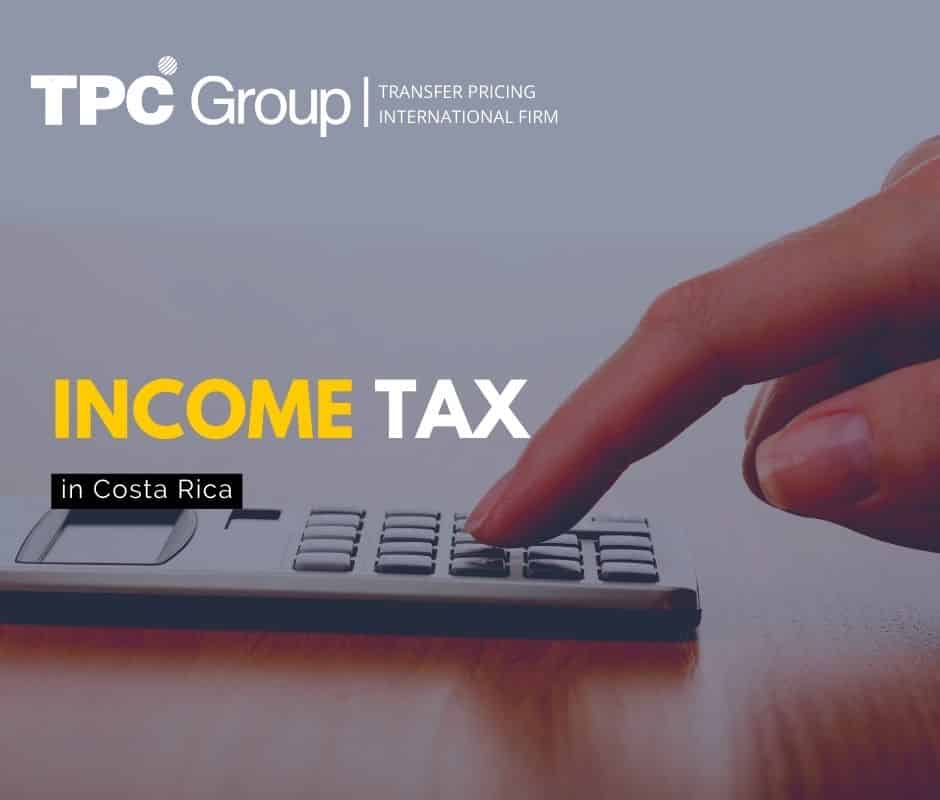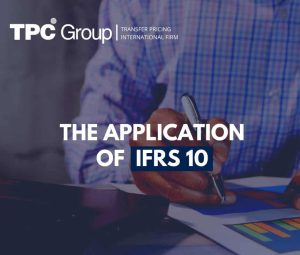The Income Tax Law was introduced to the Costa Rican tax system in 1988 through Law No. 7092. However, it has been reformed throughout time, being one of the last modifications made by the Public Finance Strengthening Law.
This regulation is essential for the tax legislation of that country since, under this law, Costa Rican taxpayers will be subject to different types of taxes, such as the profit tax, the single labor income tax, and taxes on remittances from abroad.
This article details the main aspects of each of the taxes established by said law.
Profit Tax
The Profit Tax is levied on legal entities, individuals, or unincorporated entities, domiciled in the country and carrying out profitable activities in Costa Rica under Article 1 of the Law.
Taxable Event
Likewise, the taxable event of said tax will be the perception or accrual of income generated by a lucrative activity of Costa Rican source, whether in cash or in-kind in a repeated or occasional manner, according to Article 2 thereof.
This is defined as any income or revenue generated in the national territory, originating from goods located, capital used, or services rendered in Costa Rica during a certain tax period.
The obtaining of all capital income and capital gains or losses of an individual or legal entity shall also be considered within such activities.
Tax period
According to Article 4 of the Law, the tax period will be one year from January 1 to December 31, except for special regulations.
Determination of the Taxable Base of the Tax
Profit tax is levied on net income. So to determine the amount of the Taxable Base, certain expenses must be subtracted from the gross income, as long as they are directly related to the income generation and have sufficient supporting documentation to back them up.
In this regard, it is important to consider that the law establishes certain expenses not deductible from gross income under Article 9, such as the value of permanent improvements, income and sales taxes, profits or dividends paid to partners, among others.
Likewise, there are certain expenses whose deductibility is limited, such as non-bank interest, which may not exceed 20% of the EBITDA of the company as stated in Article 9 bis, for which a correct interest rate must be agreed upon for the deduction to be allowed.
Rate
The profit tax rate in Costa Rica depends on the level of the gross income of the taxpayer:
|
Gross Income |
Rate |
| Up to ¢54.303.000,00 |
10% |
|
Up to ¢109.228.000,00 |
20% |
| More than ¢109.228.000,00 |
30% |
Although the gross income must be verified to establish the percentage of the rate, it should be considered that the tax will be calculated based on net income.
Return
The due date to file the profit tax return will depend on the closing of the fiscal year of each company.
Single Labor Income Tax
According to Article 32 of the Income Tax Law, individuals domiciled in Costa Rica who receive income from dependent personal work, retirement, or other consideration for personal services are subject to this tax.
Taxable Income
The income subject to this tax will be the following:
- Wages, salaries, bonuses, commissions, overtime pay, royalties, and holidays bonuses.
- Per diems, bonuses, and participations in the case of executives, directors, and other members of a corporation, even if a relationship of dependency is not established.
- Other income was similar to the preceding ones.
- Retirements and pensions of any regime.
Tax rate
According to article 33 of the law, this tax will have a scaled rate applicable to the net income.
|
Net Income |
Rate |
| Up to ¢3.628.000,00 |
Not applicable |
|
Over the excess of ¢3.628.000,00 up to ¢5.418.000,00 |
10% |
| Over the excess of ¢5.418.000,00 up to ¢9.038.000,00 |
15% |
|
Over the excess of ¢9.038.000,00 up to ¢18.113.000,00 |
20% |
| Over the excess of ¢18.113.000,00 |
25% |
Credit against the Tax
The taxpayers of the referred tax may take as a credit against this tax the following:
- The amount of ¢1,570.00 for each child, as long as the child is a minor, has a physical disability or is in higher education.
- The amount of ¢2,360.00 per spouse, in case both spouses are taxpayers, only one of them may take the credit.
Tax on Remittances from Abroad
This tax is levied on all income from Costa Rican sources destined abroad.
Taxable event
The taxable event for this tax is the payment of income or profit from Costa Rican sources or the mere disposition thereof to non-domiciled persons in Costa Rica.
Costa Rican Source Income
Article 54 of the Law states that the following shall be considered Costa Rican source income:
- Those coming from real estate located in Costa Rica, which includes rents, usufructs for valuable consideration.
- Those produced by the use of capital.
- Those originating from civil, commercial, agricultural, livestock or fishing activities.
- Those considered as a holiday bonus or also called the thirteenth month, paid or credited by the State or the private sector.
- Those payments for the use of patents, supplies, trademarks, royalties, and insurance premiums of any kind.
Taxpayer of the Tax
Legal entities or individuals domiciled abroad who receive income from Costa Rican sources are considered taxpayers of the tax. However, the individuals or legal entities that make the remittance shall be considered jointly and severally liable for the payment of the tax.
Rates
Concerning this tax, the total amount of income remitted will constitute the taxable base, which will be multiplied by a rate whose value will depend on the type of activity with rates ranging from 5% to 25%.




